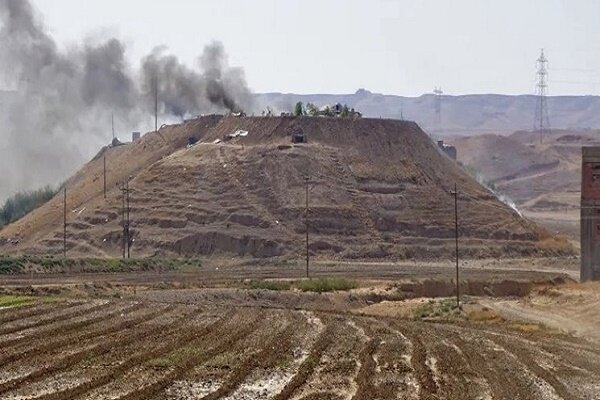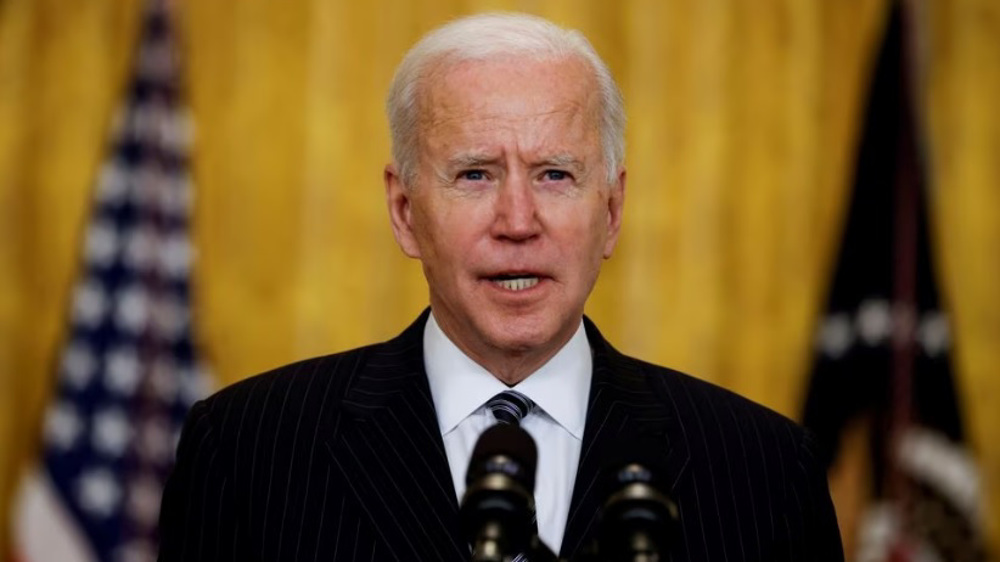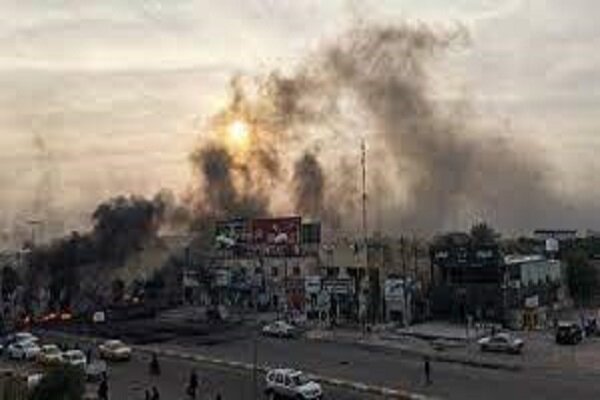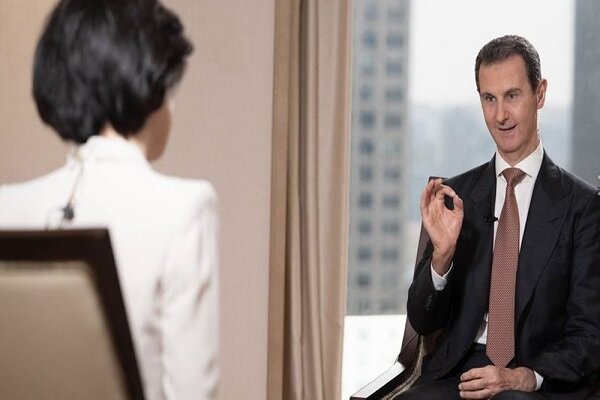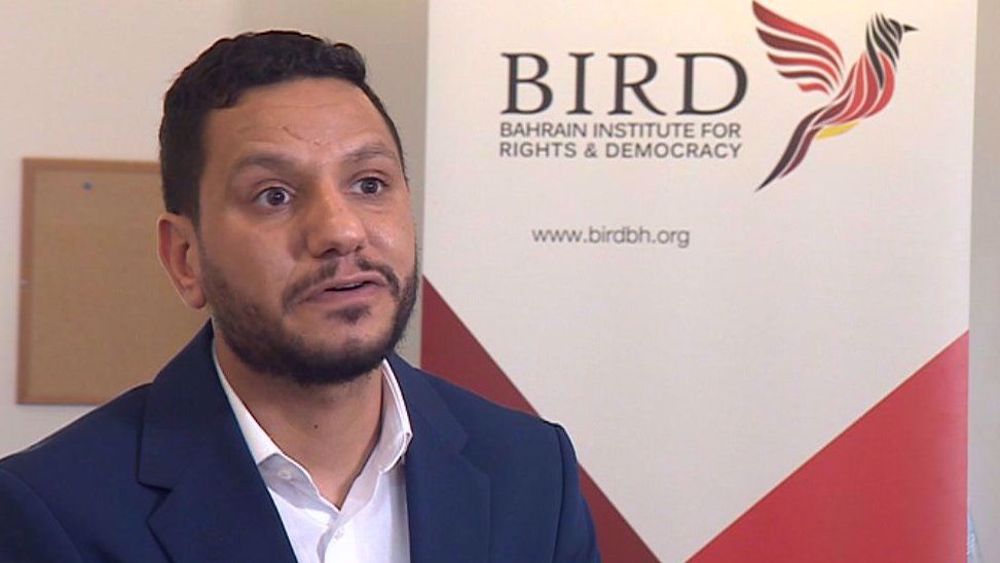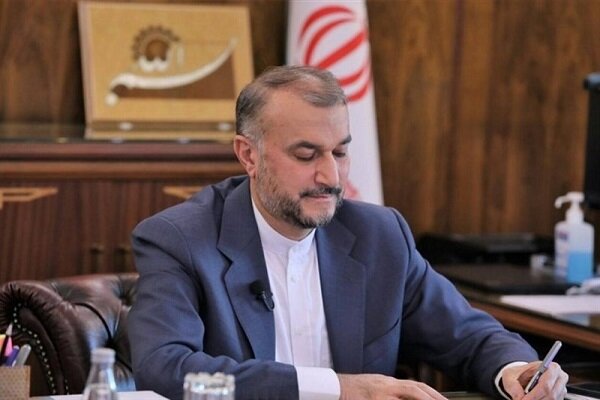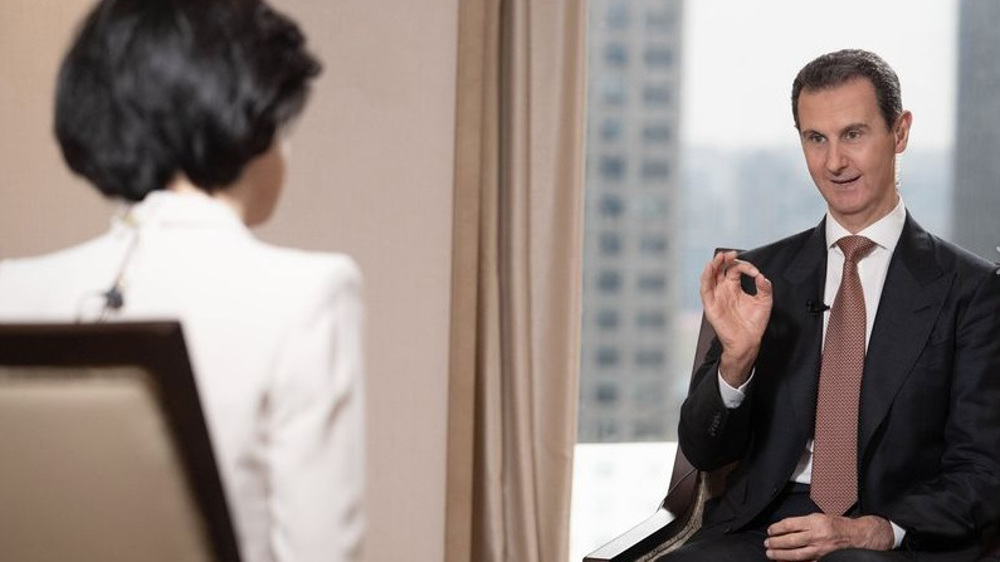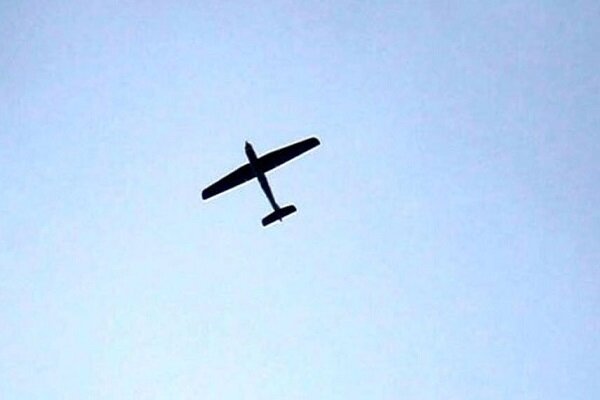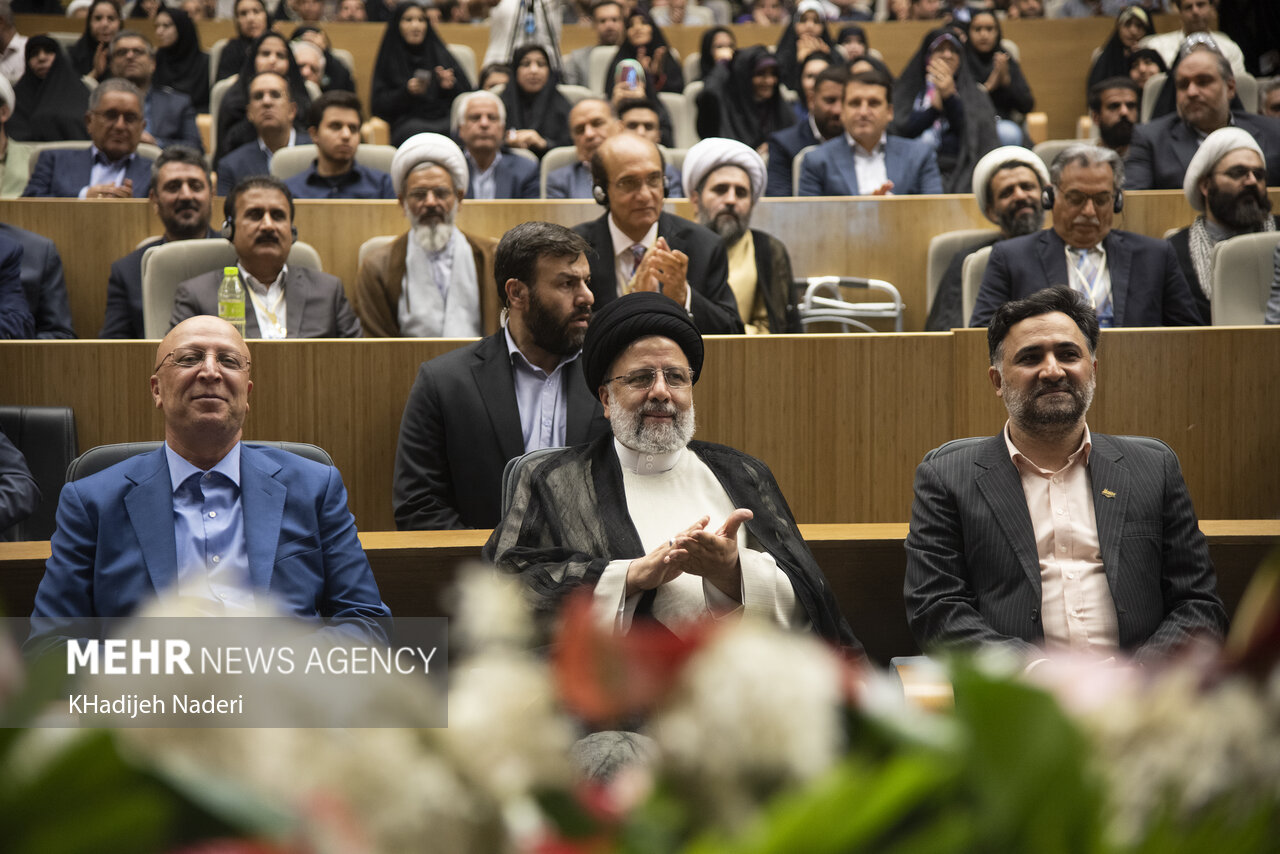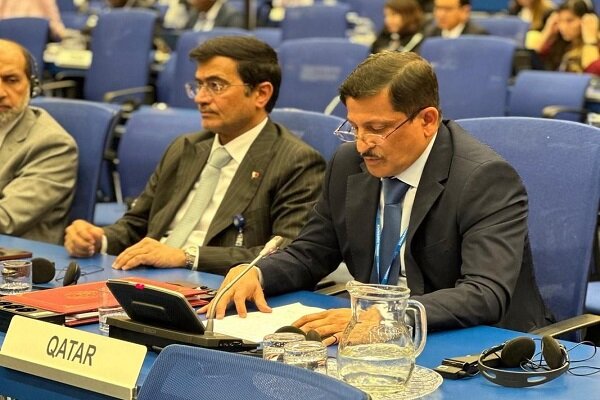A prominent Bahraini activist says he was held at Gatwick Airport in London as he returned to the United Kingdom after addressing the UN Human Rights Council in Geneva about human rights abuses in the Persian Gulf kingdom.
Sayed Ahmed Alwadaei, director of advocacy at the UK-based Bahrain Institute for Rights and Democracy (BIRD), said UK Border Force officials stopped him after he landed on Friday, but did not provide any reasons why he was being held.
The officials, instead, gave him a document, which read he is “an individual who may be liable to arrest by a constable or subject to a warrant for arrest”. Alwadaei said he was finally released after two-and-a-half hours.
The Bahraini activist said he was also held last month at a UK airport, when he returned from South Africa. It remains unclear what triggered that incident, or whether Friday’s development is connected.
“The fact that you have no explanation, nothing, it just keeps your mind floating around,” Alwadaei said on Friday. “You’re not sure – is it an Interpol red notice? What is it?”
Speaking after he was released, the activist said he is more concerned about a group of female Bahraini human rights defenders, who were on their way back to Bahrain from Geneva after participating in the council’s session.
Among the women was Ebtisam al-Saegh, who was detained in March 2017 for seven hours at Bahrain International Airport and interrogated on her return from the UN Human Rights Council, where she spoke about violations in the Arab country.
Maya Foa, joint executive director of London-based human rights organization Reprieve, called Alwadaei a “courageous human rights defender and torture survivor” who has been granted asylum by the UK because of violence and persecution by Bahraini authorities.
“Sayed’s family have suffered reprisals in Bahrain for his work exposing torture and forced confessions leading to death sentences – and the role played by institutions funded by the UK in whitewashing this abuse,” Foa said.
“Under these circumstances, Sayed’s detention today is clearly extremely alarming for Sayed and his family,” she noted.
Foa said the incident raises “urgent questions” for the UK government, particularly given the removal of Bahrain from the list of human rights priority countries this year, for the first time since 2015.
